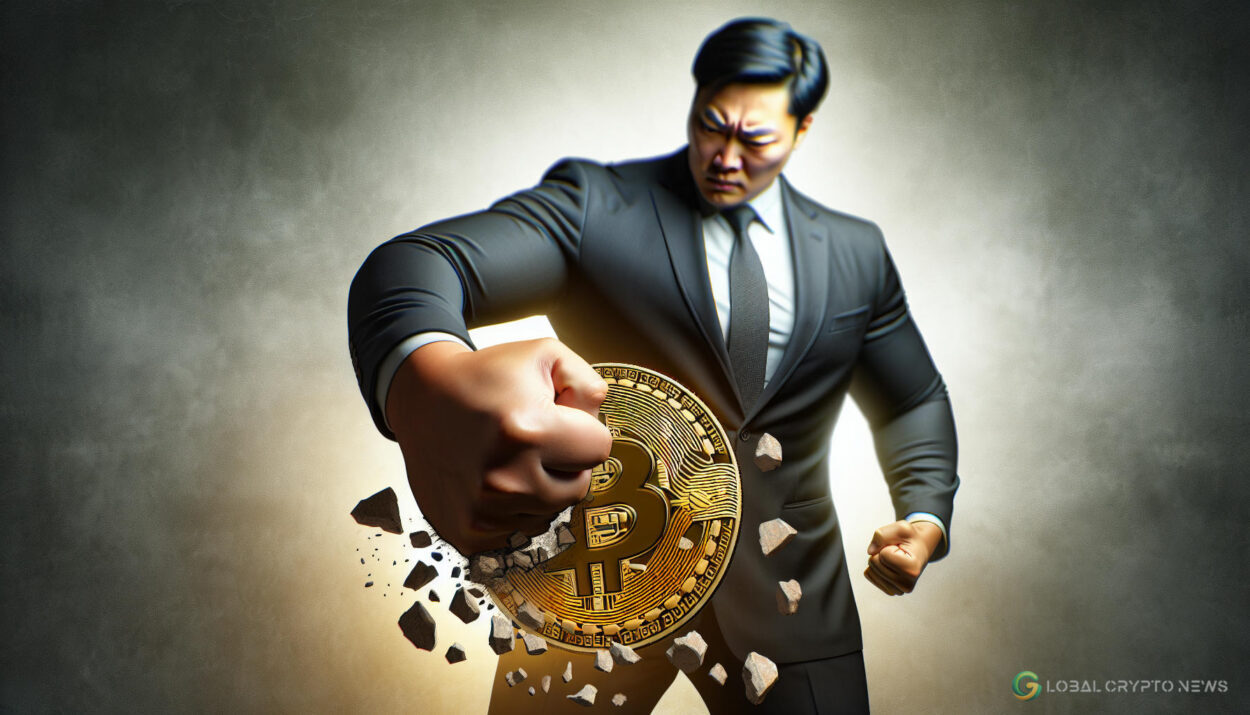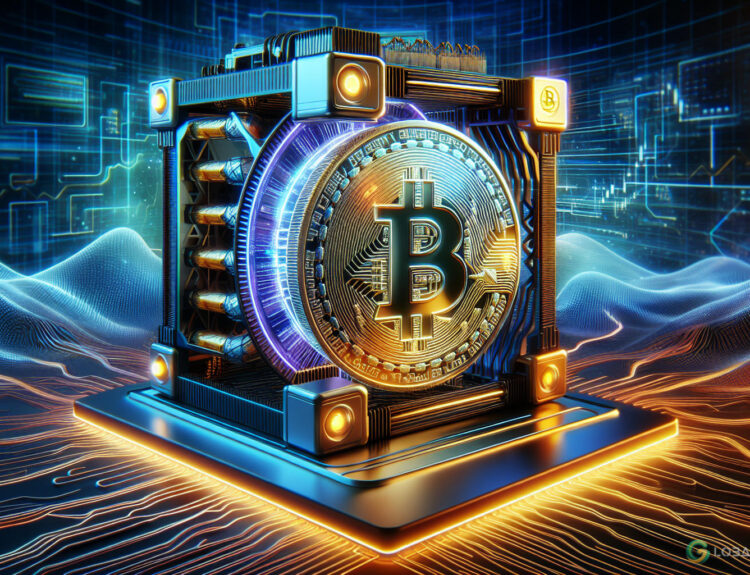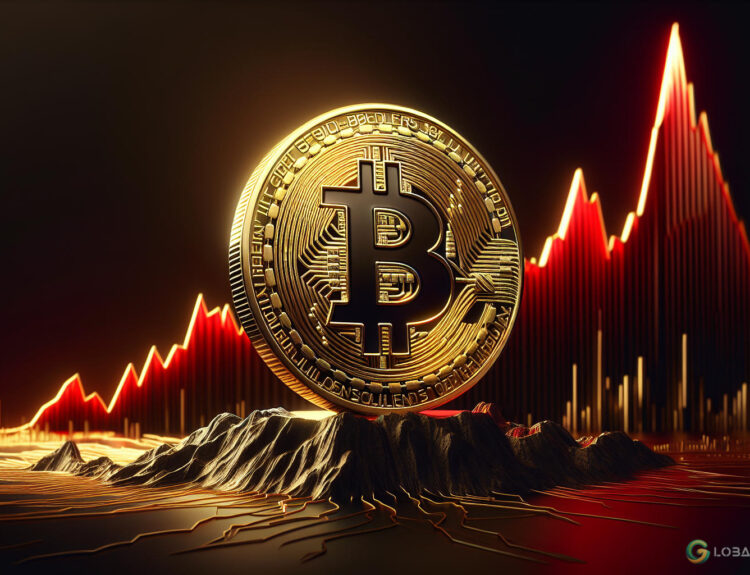Will Trump’s potential choice of Jamie Dimon, a vocal critic of Bitcoin who said he’d close it down, mark the beginning of the end for cryptocurrency freedom in the U.S.?
Meet Jamie Dimon
Jamie Dimon is a significant figure in the banking industry, known for his straightforward approach and strong leadership. Born in 1956, Dimon graduated from Tufts University with a degree in psychology and economics and later earned his MBA from Harvard Business School. His career began at American Express, where he worked under Sandy Weill. Dimon then moved to Commercial Credit and later Citigroup, where he played a pivotal role in building a major financial services company.
In 2004, Dimon joined Bank One, which was subsequently acquired by JPMorgan Chase. By 2006, he became the CEO of JPMorgan Chase, leading it to become one of the world’s most influential banks. Dimon is known for his controversial statements and has often clashed with regulators over financial rules. He has also been a vocal critic of cryptocurrencies, particularly Bitcoin, calling it a “fraud” and predicting its eventual downfall.
Dimon and Crypto: A Complicated Relationship
Dimon has never been shy about expressing his disdain for Bitcoin and other cryptocurrencies. In April 2024, during an interview with Bloomberg TV, he labeled Bitcoin a “fraud” and a “Ponzi scheme.” He stated, “Crypto, if you mean crypto like Bitcoin, I’ve always said it’s a fraud. If they think there is a currency, there’s no hope for it. It’s a Ponzi scheme, it is a public decentralized Ponzi scheme.”
Dimon’s negative stance was reiterated in December 2023 during a Senate hearing. He argued that crypto primarily serves criminals, drug traffickers, money launderers, and those avoiding taxes. Dimon even said, “If I was the government, I’d close it down.”
Dimon’s criticism of Bitcoin dates back to at least 2014. In an interview with CNBC, he criticized Bitcoin as a terrible store of value, arguing that it could be easily replicated and lacked the legitimacy of government-backed currencies. He stated, “It’s a terrible store of value; it can be replicated over and over. It doesn’t have the standing of a government.”
Despite his harsh words about crypto, Dimon has shown some support for the technology behind it — blockchain. In October 2017, just days before JPMorgan launched its blockchain initiative for interbank payments, Dimon acknowledged the potential of blockchain technology. “The blockchain is a good technology. We actually use it. It will be useful in a lot of different things. God bless the blockchain,” he said.
What Lies Ahead?
If Trump returns to power and appoints Dimon as Secretary of the Treasury, the future of crypto in the U.S. could face significant changes. Dimon’s track record as a banker is impressive. Under his leadership, JPMorgan Chase not only survived the 2008 financial crisis but emerged stronger. His firm stance on regulatory compliance and financial stability has made him a respected figure in traditional finance.
However, this same mindset could spell trouble for the crypto industry. Dimon’s past remarks, labeling Bitcoin a “fraud” and a “Ponzi scheme,” suggest that he could push for stricter regulations and oversight, potentially curbing the freedom that crypto currently enjoys.
Interestingly, this could create a conflict within Trump’s administration. Trump has recently positioned himself as a pro-crypto advocate, aiming to attract a growing number of young crypto investors.
As the election fever heats up, we are likely to see more headlines, and crypto will remain an important topic of discussion. Stay informed with the latest updates on Global Crypto News.






















